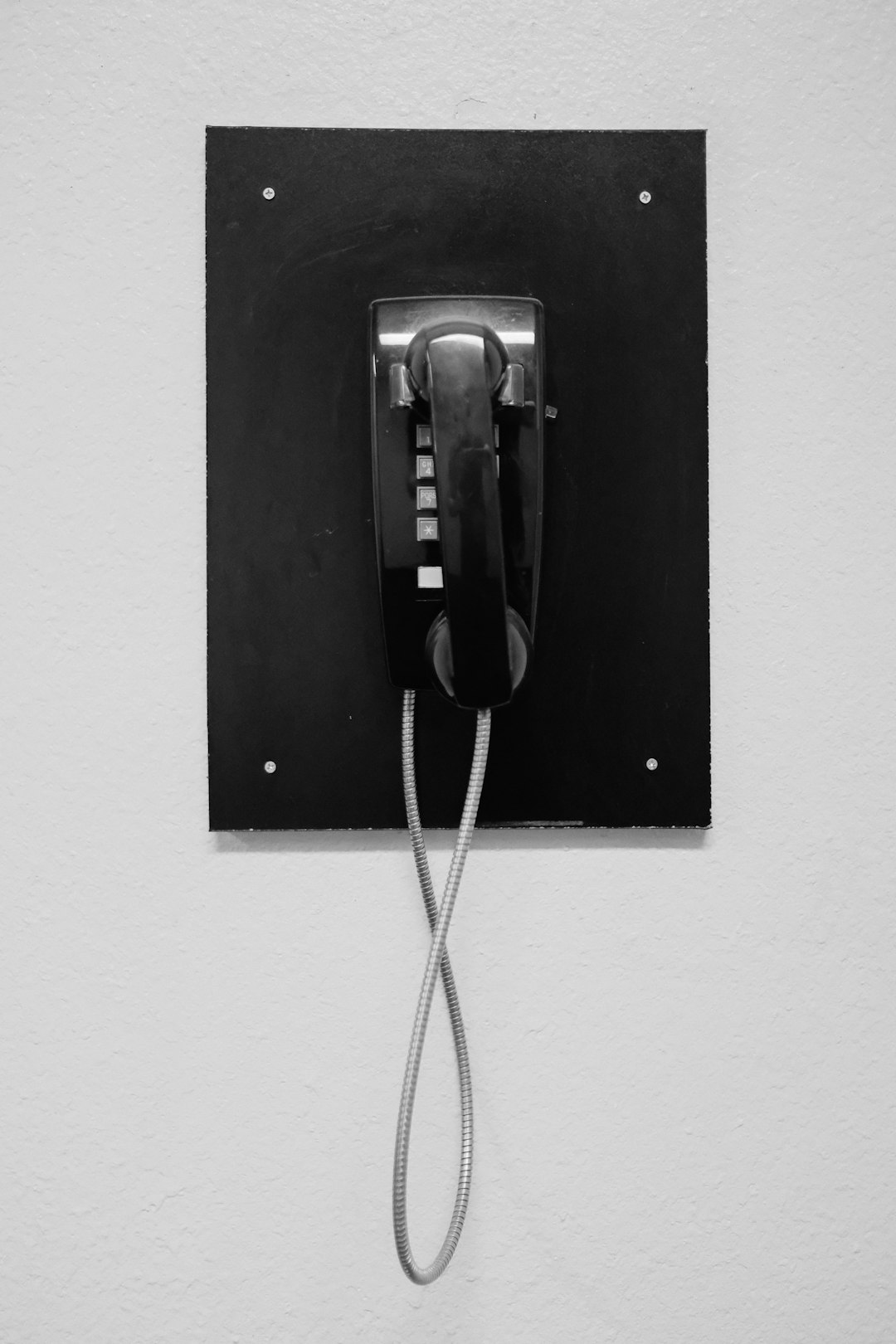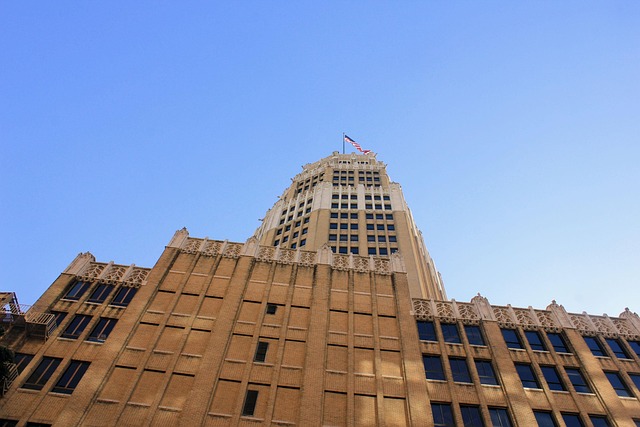In San Antonio's legal landscape, strict adherence to the Fair Debt Collection Practices Act (FDCPA), especially the Do Not Call rule for law firms (Do Not Call law firms LA), is crucial. Violations can lead to severe penalties, reputational damage, and client dissatisfaction. Legal professionals should prioritize education and compliance to avoid common mistakes like harassing calls or providing inaccurate information, ensuring ethical standards and positive client relationships through proper debt collection practices and Do Not Call LA firm adherence.
“In the dynamic legal landscape of San Antonio, Texas, understanding Federal Debt Collection Practices Act (FDCPA) violations is paramount for law firms aiming to operate ethically and responsibly. This article guides legal professionals through the intricate web of FDCPA regulations, with a specific focus on the Do-Not-Call rule. We explore common pitfalls that lead to violations, such as mistaken calls to ‘do not call’ listed numbers, and equip San Antonio lawyers with strategic defenses to mitigate penalties. By adhering to these guidelines, LA law firms can ensure compliance and maintain client trust.”
Understanding FDCPA Violations: The Do-Not-Call Rule for Law Firms in San Antonio

In the dynamic legal landscape of San Antonio, understanding FDCPA (Fair Debt Collection Practices Act) violations is paramount, especially concerning the Do-Not-Call rule for law firms. This federal legislation protects consumers from aggressive debt collection practices and includes specific provisions regarding telephone communications. For LA (Do Not call law firms), this means that law offices must respect consumer requests to stop calling, ensuring they only initiate calls if the debtor has authorized it or there is an active case in progress.
Law firms in San Antonio should be mindful of their calling practices, especially when pursuing debt collection. Violating the Do-Not-Call rule can lead to significant penalties and damage to a firm’s reputation. Therefore, it is crucial for legal professionals to educate themselves on these regulations, ensuring compliance to foster a positive relationship with clients and maintain ethical standards in debt collection practices.
Common Mistakes Leading to FDCPA Violations in Texas

In the fast-paced legal landscape of Texas, especially in bustling cities like San Antonio, debt collectors and creditors often inadvertently fall prey to violations under the Fair Debt Collection Practices Act (FDCPA). While the FDCPA outlines strict guidelines to protect consumers from abusive or false debt collection practices, common mistakes continue to trip up even the most experienced professionals. One of the most prevalent errors is the failure to obtain proper verification of the debt before contacting the consumer. Debt collectors must confirm the debt’s validity and amount, and this oversight can lead to a violation if they proceed with collections without this critical step.
Additionally, making telephone calls with an intent to harass or abuse is another frequent mistake. The FDCPA strictly prohibits debt collectors from using abusive language, threatening collection actions without intending to follow through, or repeatedly calling consumers in a menacing manner. Moreover, failing to provide accurate and clear information when communicating with debtors is detrimental. Debt collectors should ensure they disclose their identity, the nature of the call, and the purpose for contacting the consumer in a polite and professional manner, respecting the “Do Not Call” laws, especially when reaching out to law firms.
Navigating Penalties and Defense Strategies for San Antonio Legal Professionals

Navigating penalties and defense strategies for San Antonio legal professionals is a delicate balance, especially with regard to FDCPA violations. The Fair Debt Collection Practices Act (FDCPA) sets strict standards for debt collectors, and non-compliance can result in significant fines and reputational damage. Legal professionals in San Antonio must be vigilant, ensuring their practices align with the act’s guidelines. Failure to do so can lead to consumer complaints, investigations by regulatory bodies, and even class-action lawsuits.
To defend against FDCPA violations, legal experts recommend robust training for staff, meticulous record-keeping, and clear communication with clients. Additionally, staying updated on legislative changes and adhering to ethical collection practices are paramount. By implementing these strategies, San Antonio’s legal professionals can mitigate risks and ensure they maintain the highest standards of professionalism, avoiding costly penalties and preserving client trust.






